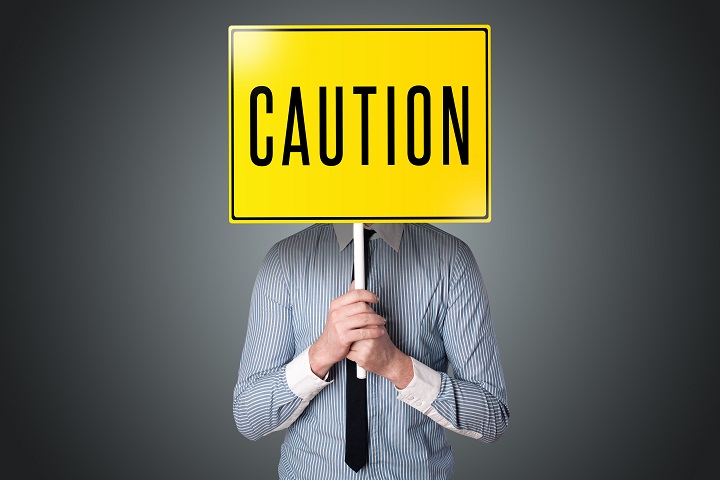The consular officer is the individual whose sole responsibility it is to determine whether an individual’s application for a B visa will be accepted or declined. While it is certainly essential to submit all necessary and supporting documents in a timely fashion, doing so does not necessarily mean that a B visa will be granted.
While there are a number of items that will be considered by the consular officer, applicants can rest assured that the officer will never arbitrarily decide to refuse a visa. In fact, the law dictates that a consular officer must grant a visa to any and all individuals who qualify and who meet all requirements.
Common Reasons for Visa Refusal
A B visa may be declined for a number of reasons. Submitting false documents is one of the main reasons, as is lying during an interview with the consular officer. Either of these infractions will almost certainly mean that the applicant’s visa will be denied. Additionally, visas can be refused if an individual has previously entered or remained in the United States illegally or has a criminal record.
While the above are some of the more extreme reasons for visa refusal, there are other, far more common reasons for denial. If a consular officer does not believe that you will return to your country of citizenship by the visa’s expiration date, then the visa will likely be denied. According to Section 214 (b) of the Immigration and Nationality Act, it is assumed that an individual wishes to remain in the country as an immigrant and is therefore not permitted to obtain a B visa. It is the responsibility of the applicant to prove otherwise to the consular officer. A consular officer needs to believe that the applicant fully intends to return home after the visa expires. An individual must do so by providing convincing evidence that their situation will require their return to their country of origin. Reasons that can be cited in the interview can include:
- Employment
- Family or social matters
- Economic situation
Since there is really no way to standardize this process, the consular officer will consider each individual’s needs and personal situation in order to make a decision about whether or not their ties are compelling enough to ensure that they will return home at the appropriate time.
Immigration And Nationality Act
Section 221 (g) of the Immigration and Nationality Act is another commonly cited reason for visa refusal. In this instance, the applicant has failed to provide the consular officer with all of the documentation required to process the application. If further documentation or review is needed, the consular officer can refuse the visa. In cases like these, the applicant may be able to fix the issue by providing the missing documents to the appropriate personnel. This will be discussed in the following section.
What Will Happen If My Visa is Declined?
Not all B visa applications will be accepted by the consular officer. In fact, many are not. If the consular officer refuses an application, the applicant will receive a detailed description of why that particular decision was made in that particular circumstance.
If your visa was declined due to missing documents (under section 221 (g) of the Immigration and Nationality Act), the letter you receive will indicate this. In cases such as these, the letter may often indicate that you will contacted by the embassy. You may then be given the opportunity to provide the missing documents.
Contact Pride Immigration Law Firm PLLC Today
If you would like to learn more about B visas, the process by which they are granted or refused, or any other information, please don’t hesitate to contact Pride Immigration Law Firm PLLC for an evaluation of your case.
Beeraj Patel, Esq.
Latest posts by Beeraj Patel, Esq. (see all)
- Criminal History Implications for an Adjustment of Status - July 7, 2025
- Impact of Life Changes on Green Card Applications - June 16, 2025
- Common K1 Visa Criminal Background Issues - June 2, 2025
